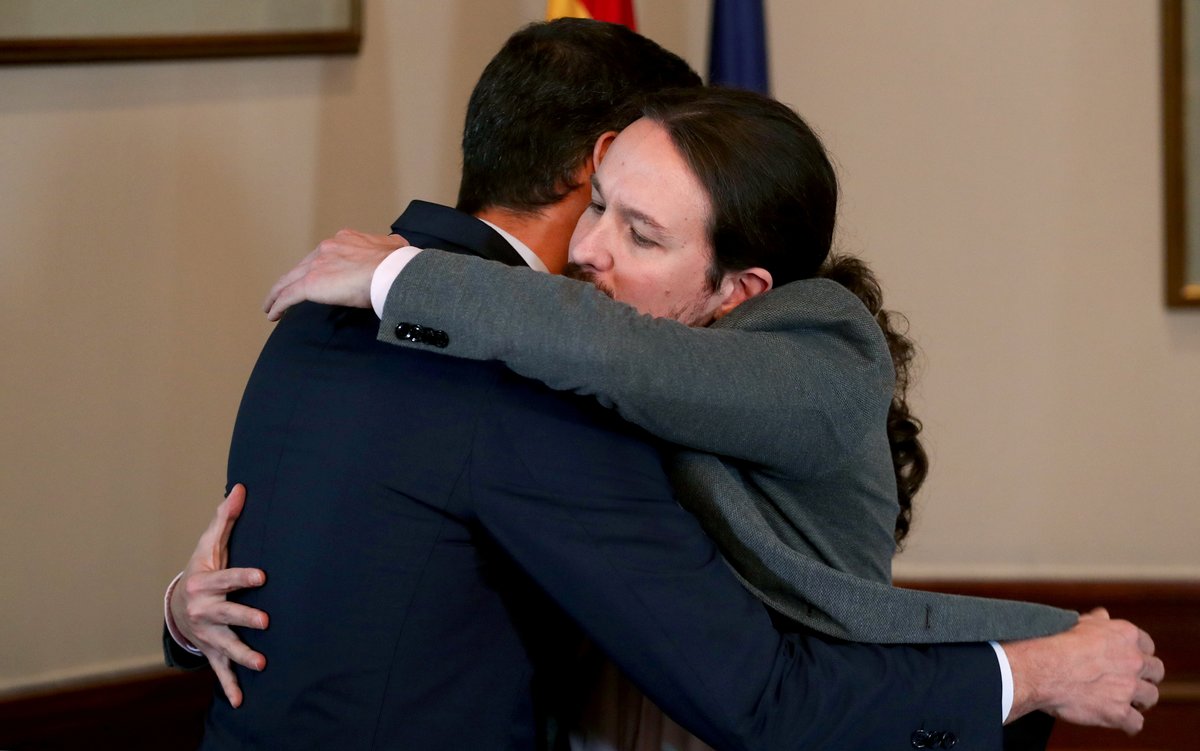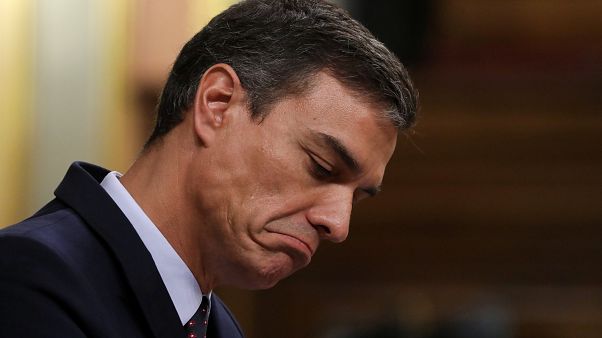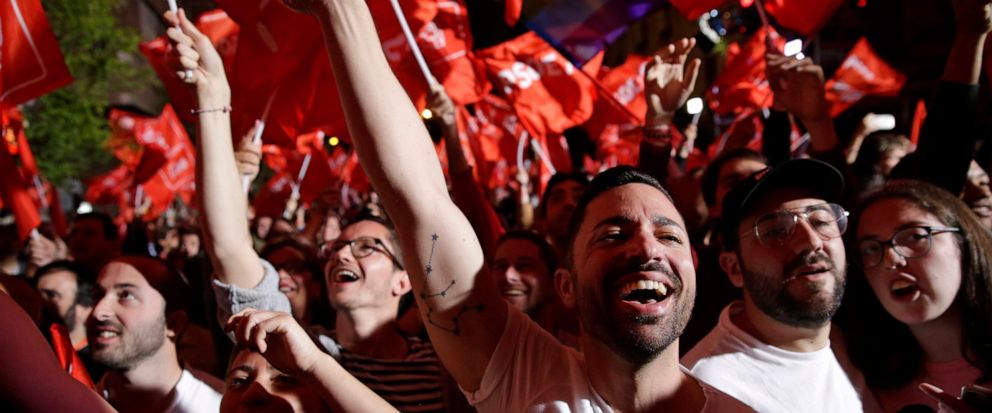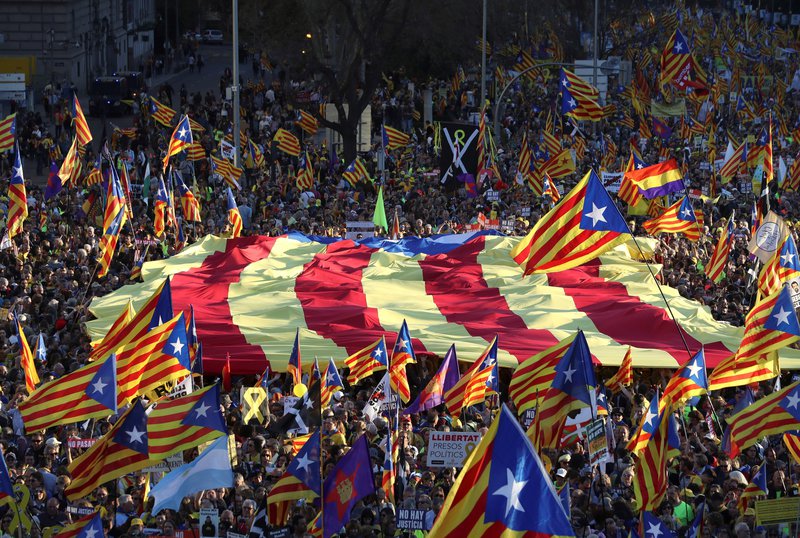Spain
Anticapitalists: ‘We need a left that is not a crutch for the PSOE’

Interview with Raul Camargo, spokes
Ada Colau re-elected as Barcelona mayor—but at what price?
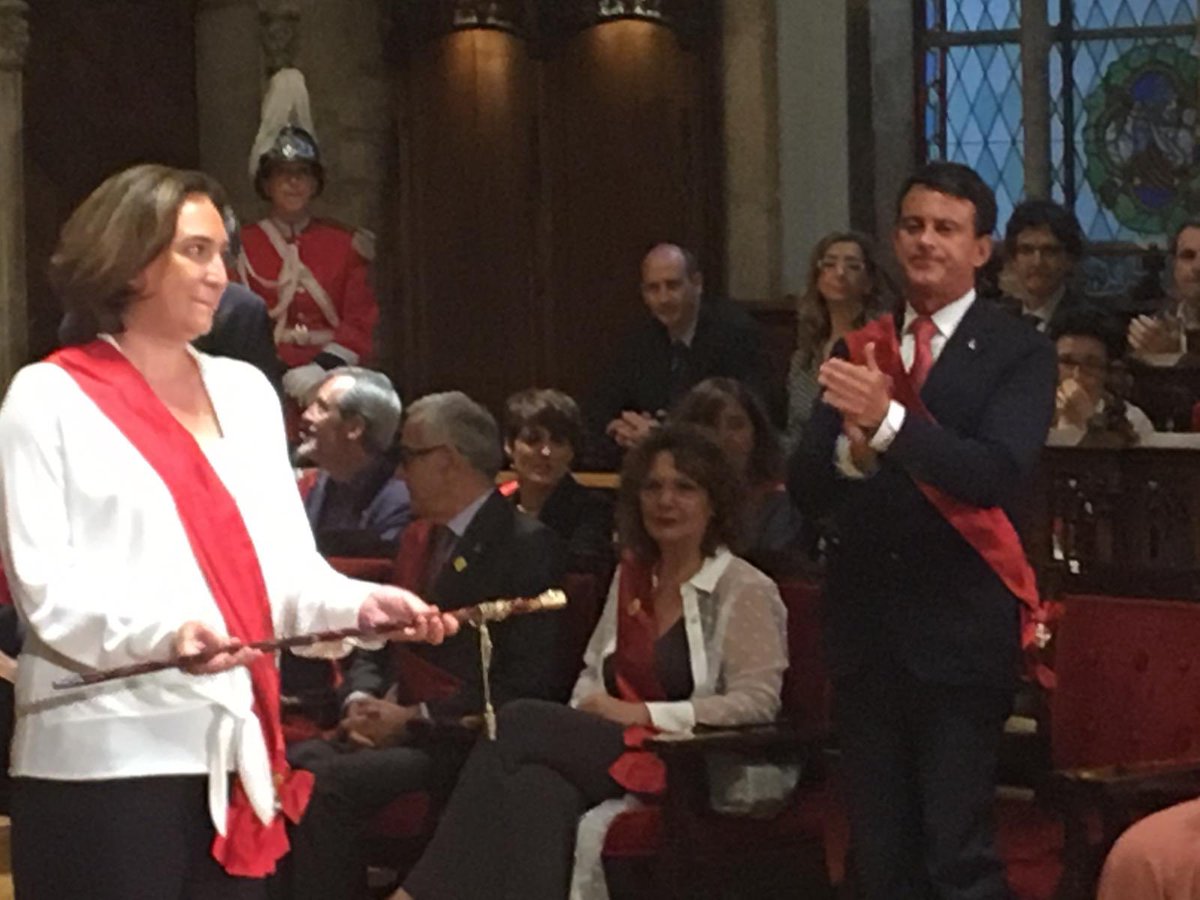
By Dick Nichols
An anatomy of revolution: Trotsky and the Spanish Revolution, 1931-1935 (Part II)

When feminism sets the political agenda

Spanish state: what does the Sánchez cabinet portend?

